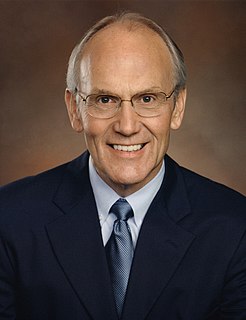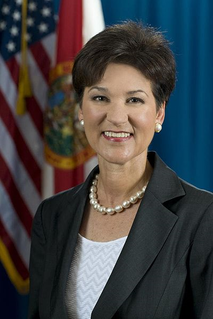A Quote by Jim Stanford
Employers crave the power to fire workers whose performance is judged inferior-not just to get rid of those particular workers, but more importantly to motivate and discipline the rest of the workforce.
Related Quotes
Basic US economics tells us that back-of-the-house workers are very unlikely to get more pay overall. The fact that workers are in those jobs means employers are already paying them what they need to pay them to get them in the current environment. If employers do share some tips with them, it will likely be offset by a reduction in their base pay.
Immigration reform is important in our country. We have a lot of employers over on the beaches that rely upon workers and especially in this high-growth environment, where are you going to get people to work to clean our hotel rooms or do our landscaping? We don't need to put those employers in a position of hiring undocumented and illegal workers.
Clearly, apprenticeships are a win-win: They provide workers with sturdy rungs on that ladder of opportunity and employers with the skilled workers they need to grow their businesses. And yet in America, they've traditionally been an undervalued and underutilized tool in our nation's workforce development arsenal.
Employers, have you ever stopped to reckon what the goodwill of your workers is worth? ... In most large concerns it would be worth more in dollars and cents to have the goodwill of the working force than of those on the outside. It has been repeatedly demonstrated that the average working force is capable of increasing its production 25% or more whenever the workers fell so inclined. Workers animated by ill will cannot possibly give results equal to those of workers animated by goodwill. The tragic fact appears to be that a tremendous number of working forces are not so animated.
I know firsthand that many employers who comply with other labor standards still hire the undocumented. Many businesses pay the minimum wage and have barely tolerable working conditions because there are sufficient undocumented workers willing to accept those terms. If we care about low-income workers in this country, we need to create pressure to improve their economic condition by reducing the supply of unauthorized workers.
Evidence shows that even now, when it is illegal for employers to pocket tips, many still do. Research on workers in three large U.S. cities found that 12 percent of tipped workers had tips stolen by their employers or supervisors. With that much illegal tip theft taking place, it's clear that when employers can legally pocket the tips, many will.



































